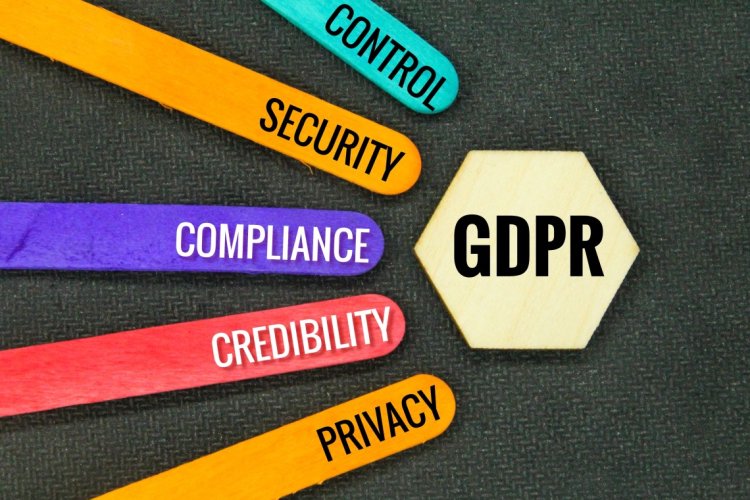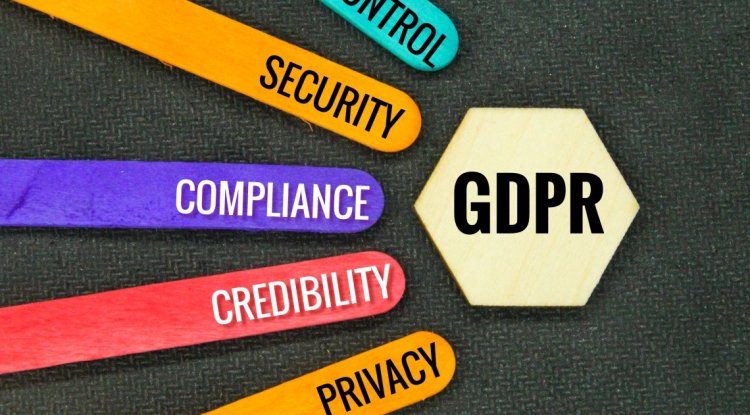Understanding GDPR: A Comprehensive Guide for Marketers
Dive into the world of GDPR with our comprehensive guide. Learn how to navigate regulations and protect your marketing data.

In today's digital age, data is the lifeblood of marketing. But with the ever-increasing concern about data privacy, it's crucial for marketers to understand and comply with regulations such as the General Data Protection Regulation (GDPR). Hi, I'm Raghav Chugh, and I'm here to guide you through the complexities of GDPR and its implications for marketers.
What is GDPR?
GDPR is a set of regulations designed to protect the data privacy rights of European Union (EU) citizens. However, its impact extends far beyond the EU. Any organization that collects or processes data of EU citizens must adhere to GDPR rules, making it a global concern for marketers.
Why Should Marketers Care About GDPR?
Data Protection Fines: GDPR violations can result in hefty fines, which can cripple a business financially. In 2019, British Airways was fined £183 million for a data breach.
Consumer Trust: Compliance with GDPR builds trust with customers. When consumers trust that their data is handled responsibly, they're more likely to engage with your brand.
Global Relevance: Even if your business isn't in the EU, if you market to EU citizens, GDPR applies to you. It sets a global standard for data protection.
Key GDPR Principles for Marketers
Consent: Understand the conditions for obtaining and using customer data. Consent must be freely given, specific, informed, and unambiguous.
Data Minimization: Collect only the data necessary for the purpose you've specified. Don't hoard data.
Data Portability: Customers have the right to request their data and use it elsewhere. Ensure your data is portable.
Security Measures: Implement robust security measures to protect customer data from breaches.
Case Study: Building Trust Through Compliance
Imagine a marketing agency, XYZ Marketing, which specializes in email marketing. They decided to take GDPR compliance seriously. They audited their data collection practices, revised their privacy policy, and trained their team on GDPR regulations. As a result, their client retention rate increased by 30%, demonstrating how GDPR compliance can enhance trust and business growth.
GDPR Compliance in Marketing
Email Marketing: Ensure you have explicit consent to send marketing emails. Include an easy opt-out option.
Data Analytics: Anonymize data wherever possible, and be transparent about how you use customer data for analysis.
Cookies and Tracking: Clearly inform users about cookies and offer an opt-in mechanism.
Third-party Vendors: Vet your vendors for GDPR compliance. You're responsible for data handled by third parties.
About Myself
I'm a digital marketing professional with a deep understanding of technology and its intersection with marketing. With over a decade of experience, including Marketo certifications and expertise in a range of technical areas, I've navigated the complexities of GDPR and ensured compliance in various marketing strategies.
Connect with me on LinkedIn for more insights.
How Zigmo.in is Making a Difference
At Zigmo.in, our mission is to provide valuable information to individuals and businesses worldwide. Our articles, like this one on GDPR, help demystify complex topics and empower readers to make informed decisions. We're dedicated to offering expert insights, and I, Raghav Chugh, play an active role in this endeavor.
In summary, GDPR is a critical consideration for marketers in today's data-driven landscape. Compliance not only avoids legal repercussions but also fosters trust with customers. Stay informed, implement best practices, and remember that GDPR is a global standard that's here to stay.
What's Your Reaction?

















